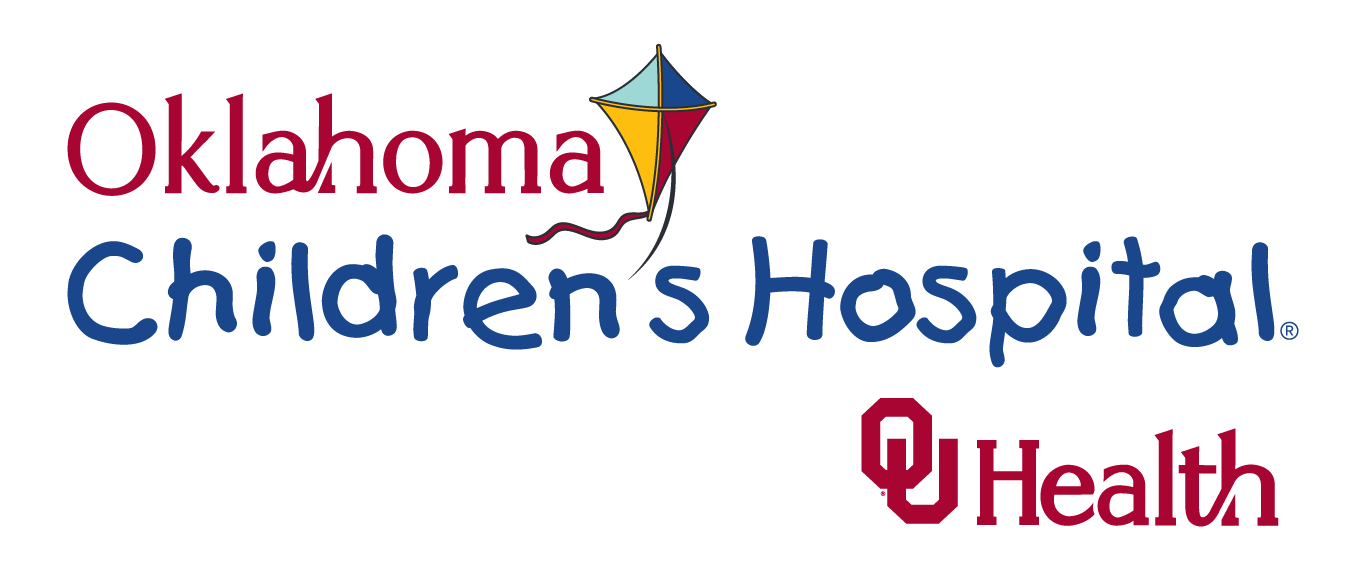No Hit Zone
Uncertainty surrounding an illness often creates stress for everyone involved, including parents and children. At times like these, even the typical behaviors of children can add to the stress you may feel as a parent and can bring out strong emotions, including the urge to hit or spank a child in an attempt to control behavior.
Promoting a Culture of Safety & Health
You can find a better way to cope with the worries and unpredictability of your child’s illness when you choose the safe environment for healing at Oklahoma Children’s Hospital.
Because health and safety go hand in hand, you benefit from the designation of Oklahoma Children’s Hospital as a No Hit Zone, which promotes a culture of safety and health for children, adults, families and communities.
What Is a No Hit Zone?
Whether in the hospital or in our day-to-day environments, hitting is not acceptable. Within the No Hit Zone of Oklahoma Children’s Hospital, hitting is not allowed for any reason.
For children, that means:
- No child shall hit an adult.
- No child shall hit another child.
For adults, that means:
- No adult shall hit a child.
- No adult shall hit another adult.
Why Designate a No Hit Zone?
The short answer? The No Hit Zone policy helps keep you and your family as safe as possible while your child gets the health care they need and takes time to heal at Oklahoma Children’s Hospital.
The longer answers? Because physical punishment harms children’s bodies, minds and spirits, you and your child need a safe place to receive the care that encourages the best possible health outcomes. Remember:
- No Hit Zones foster healthy relationships throughout life and safe environments everywhere. Hitting harms everyone’s physical, emotional and mental health. By encouraging us to avoid and prevent physical violence, No Hit Zones help everyone find better ways to resolve conflicts and deal with uncomfortable feelings.
- No Hit Zones focus on prevention and support during early signs of distress. By providing support to prevent hitting, No Hit Zones help address problems before they can escalate, which promotes safety for everyone.
- No Hit Zones offer nonviolent ways to work through the conflict that has a place in all healthy relationships. Children learn by watching and interacting with adults. As responsible adults, we need to model and actively teach positive ways to deal with the conflict of everyday life, as well as the stress and discomfort related to illness and serious health conditions.
How to Help Your Child Improve Behavior
As a parent, you can do a lot to help your child improve behavior without hitting or using physical punishment.
- Talk to your child calmly and regularly. Explain how you want them to behave and why.
- Set clear limits on your child’s behaviors. Give clear instructions. Be specific. Be realistic.
- Because children normally may become bored while waiting, bring a favorite toy or activity to help keep your child busy.
- Read to your child or have your child read to you.
- Engage your child in conversation. Ask about their interests and thoughts.
- Teach your child how to manage conflict and uncomfortable feelings without violence.
- Acknowledge, praise and support your child’s good behaviors.
- Be good to yourself! Being a parent takes hard work. Do something you enjoy each day.
- Know it’s okay to ask for help. You’re not alone, even in stressful situations – all parents need help and support.
What We Know About Physical Punishment
From many years of research and experience, we now recognize that physical punishment does not encourage better behavior. In fact, children who are hit or spanked tend to develop more aggressive and disobedient behaviors over time.
- As types of physical punishment, hitting and spanking do not teach discipline.
- Instead of creating better behavior, hitting or spanking teaches children that violence is an acceptable way to solve problems.
- Children who are physically punished may find it more difficult to concentrate and often do poorly in school as a result.
- Physical punishment has been linked to criminal behavior.
- Children who are physically punished are more likely to develop physical or mental health problems in adulthood.
- Children who are physically punished are more likely to distrust others. As a result, they may find it difficult to build healthy relationships throughout their lives.
- Parents who use physical punishment are at greater risk of becoming physically abusive with their children.



